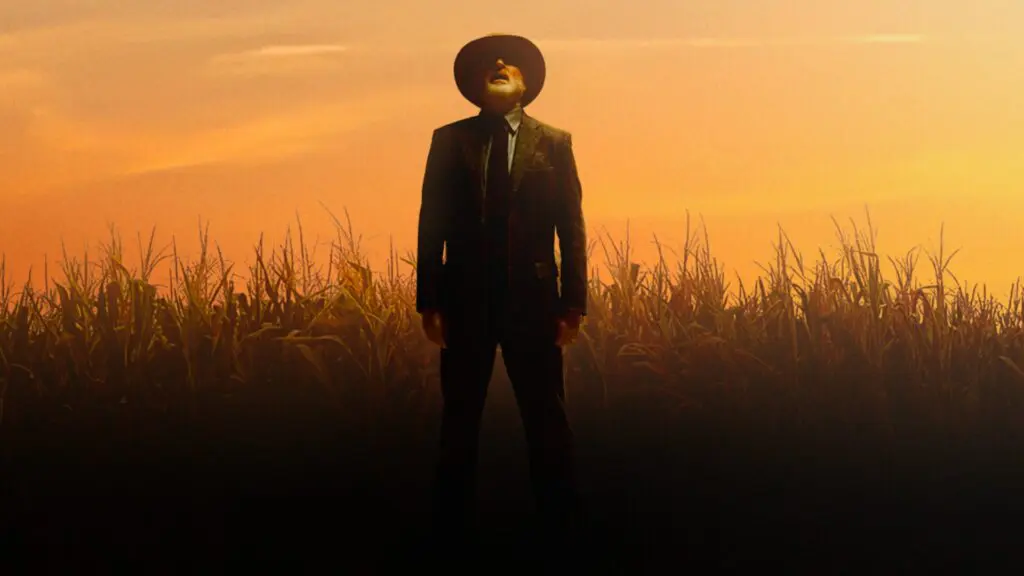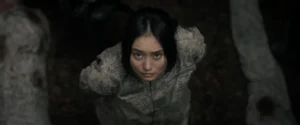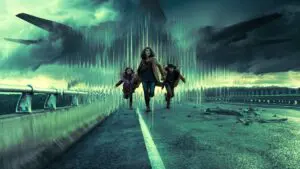Summary
There’s probably an ambitious and interesting sci-fi story in here somewhere, but the question is how many people will be able to put up with its glacial pacing and early over-reliance on genre tropes to find out.
This review of Invasion Season 1 is spoiler-free.
These days, thanks to the seismically successful approach of Netflix, the direct-to-binge distribution model is the standard. Weekly network television still exists but doesn’t ensnare popular culture outside of rare event television like, say, Game of Thrones. In this climate, with so much content so readily accessible, the only winning strategy is to get the hooks in early and allow audiences to consume everything ravenously. It isn’t always the best choice for the story, but it’s usually the best choice for whatever nebulous metrics streaming giants like Netflix use to determine what gets renewed and what ends up on the skyscraper-tall cancellation pile.
I raise this since Apple TV+’s ambitious, sprawling new ten-part sci-fi series Invasion is trying to have its cake and eat it with a three-episode initial dump and then a weekly rollout, which is a strategy they’ve employed before to mixed effect. For some shows, I can see why it’d work. One episode isn’t enough to get the idea. The same might be said of Invasion, but I honestly can’t say the second and third episodes are enough either.
Invasion’s best idea is also likely the one that’ll prove most detrimental to its potential success. It’s slow – glacially slow, at parts, spreading itself across multiple continents and point-of-view characters, relying on old tropes like cornfields, weird animal behavior, and spontaneous nosebleeds in the local children to a lot of narrative heavy lifting. We’re supposed to believe that something momentous is afoot, and it very much might be, but it’s difficult to tell in the first three episodes.
What’s mostly going on here is an introduction to the various odd incidents and perspectives that are intended to provide a refreshingly cosmopolitan view of a potential extra-terrestrial invasion. And, again, that’s a good idea. There are excellent character actors all over the place, including Sam Neill as Sheriff John Bell Tyson, whose planned retirement is put on the back burner thanks to the sudden appearance of an ominous crop circle in agricultural Oklahoma, and the gorgeous Iranian actress Golshifteh Farahani makes her presence felt as New York wife and mother Aneesha. In Japan, Mitsuki (Shioli Kutsuna) is our window into a JASA space mission gone awry, and in Afghanistan, Trevante Ward (Shamier Anderson) represents the American interventionist perspective, I suppose.
It’s a lot, and there’s more than this that I’m not even detailing, at least in part because the show moves so incrementally that it’s difficult to know what’ll matter and what won’t moving forwards. The show’s creators Simon Kinberg and David Weil obviously expect us to care for these characters, and in time we very much might, but their various predicaments and backstories are dispensed at such casual length here that it’s a gamble. We might care, yes, but we also might not bother watching next week – I will, since I’m professionally obligated to do so, but I can’t guarantee that I’d bother if I wasn’t.




